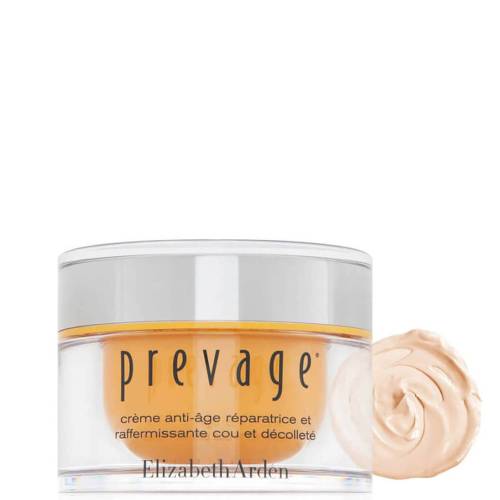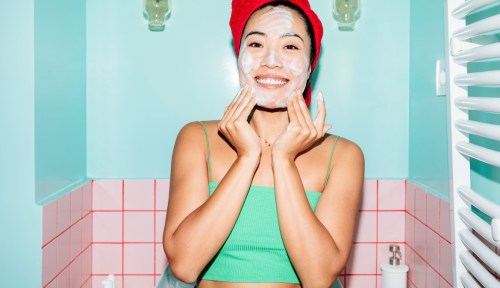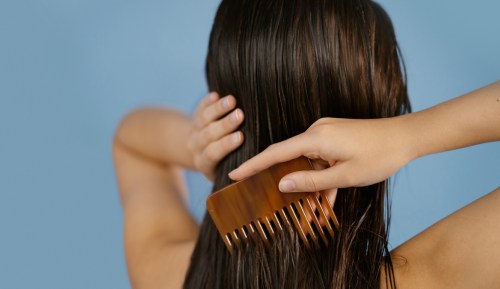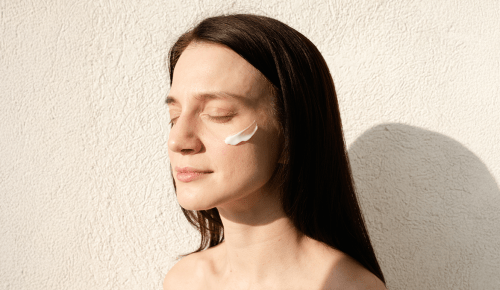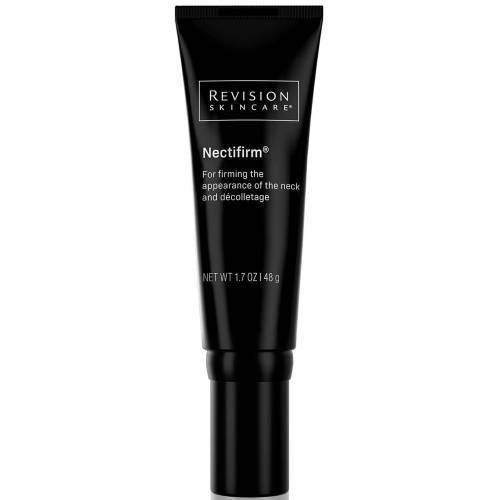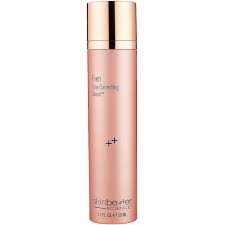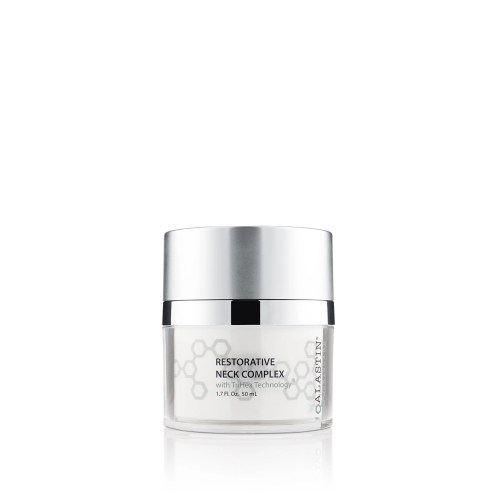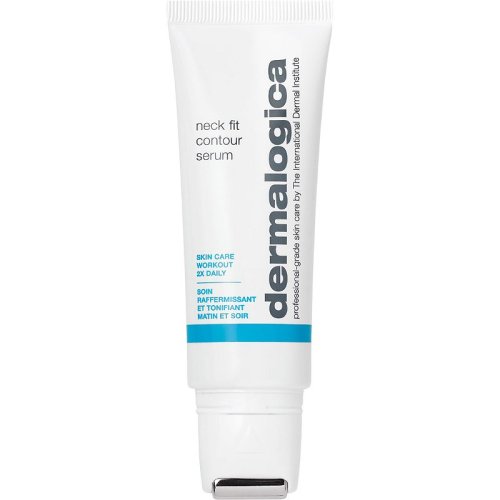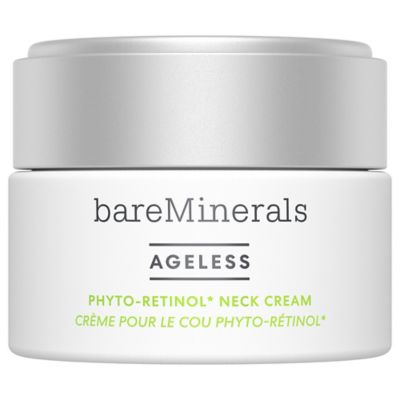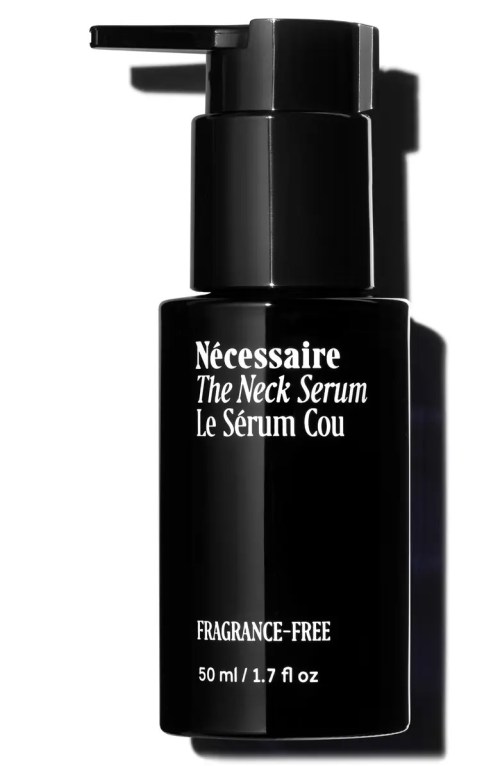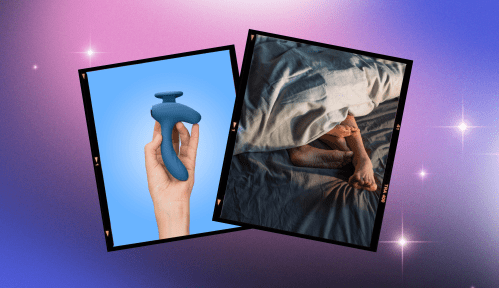Our editors independently select these products. Making a purchase through our links may earn Well+Good a commission
It’s a common refrain in the beauty world: Your skin-care routine should not stop at your chin. As any pro will tell you, it’s essential to take your products all the way down to your neck and décolleté, as these are some of the first areas on your body to show signs of aging. But as a new crop of neck-and-chest care products has begun to hit the market, one question has been top of mind: Do these spots deserve a special skin-care routine of their own?
Experts in This Article
board-certified dermatologic surgeon at Shafer Clinic Fifth Avenue in New York City
board-certified dermatologist and clinical instructor of dermatology at Weill Medical College of Cornell University
To find out, we chatted with three pros who filled us in on whether or not it’s worth spending extra time and money caring for these oft-ignored parts of your complexion. Keep reading for what they had to say.
Understanding the skin on your neck
The skin on your neck and décolleté is thinner than the skin on your face, which is why these areas are more prone to aging than other parts of the body, explains Dendy Engelman, MD, FACMS, FAAD, a board-certified cosmetic dermatologist and Mohs surgeon at Shafer Clinic in NYC—but that’s not the only reason why they need a little extra TLC.
“The neck is an area that gets a lot of sun exposure because it often is not covered, and we do not always protect it as well as we protect the face,” says board-certified dermatologist Hadley C. King, MD, FAAD. “And it is an area with very little subcutaneous fat, so a loss of volume and increased skin laxity are particularly apparent. The skin of the neck also has fewer, less active oil glands compared to the face.”
Additionally, there are a few lifestyle habits that can cause the skin on the neck to age more quickly than the skin on the face. “Now, with the addition of looking at our phones repeatedly, we are seeing neck changes even earlier,” says Dr. Engleman. Along with ‘tech neck’ we see ‘tech spots’ due to blue light from our cell phones, computers, and other technology, which can also lead to premature dark aging signs.”
Are neck creams *really* worth it?
The short answer: Yes.
Though the effects of skin aging on your neck and chest are similar to what you’d see on your face (namely sagging, wrinkles, and discoloration), derms say you may be better off using a product designed to target this area instead of just slathering your facial products south of your chin.
“Neck creams tend to be thicker than facial creams and help to specifically tighten the skin in that area,” says Dr. Engleman. “The thicker and more moisturizing tendencies of these creams work to keep your skin hydrated and firmer.”
Plus, since the skin is thinner on the neck, products that you would use on the face might be too harsh for this delicate area. “Because the skin of the neck is thin and contains fewer oil glands compared to the face, the neck may get irritated more easily by ingredients like retinol and alpha-hydroxy acids,” says Dr. Engleman, adding that you may need lower-strength acids to avoid sensitivities.
Of course, using your facial care products on your neck and chest is better than ignoring them altogether—so if that’s your MO, go forth (just be sure you’re not using anything overly aggressive or irritating). But if you’re considering dropping some coin on a product dedicated to the area, derms agree that it’s worth the investment.
What to look for in a neck cream
When it comes to treating skin concerns on your neck, Dr. King suggests seeking out formulas that include peptides and growth factors (which stimulate collagen and elastin production) as well as antioxidants and niacinamide (which diminish discoloration and protect against future damage). All of these are effective anti-aging ingredients, but are gentle enough that they won’t irritate the skin.
Retinoids can also help, as they work to rebuild the skin from its deepest layers by boosting your body’s natural reserves of collagen and elastin, which in turn smooths out fine lines and wrinkles. However, this particular active is known to cause sensitivities. In order to minimize your risk of having a reaction, try introducing retinol into your routine using the “low and slow” method: Choose a low-percentage retinol serum and incorporate it into your nighttime routine slowly.
Holistic esthetician Amity Murray echoes Dr. King’s sentiments about the importance of antioxidants and retinoids in your neck-care routine. “For optimal skin health including the neck use a well-formulated Vitamin C Serum in the morning to protect and stimulate collagen, then a retinoid at night to increase cellular turnover,” she says.
After you’ve completed smearing your favorite neck serums and creams, give your neck a good massage. Murray, suggests the following: “The neck is home to lymph nodes as well so when beginning a facial massage, I start on the neck area to open everything up and get the lymphatic fluid and blood flowing upward. Towards the end of the massage, I use light downward movement and presses to flush away any fluid.” For an at-home massage, Murray recommends using your fingers and hands to create upward strokes from your collarbone to your jaw. For a more serious neck care practice, she suggests dabbling in facial yoga a few times per week.
Shop neck care products
Elizabeth Arden Anti-Aging Neck and Decollete Firm & Repair Cream — $122.00
Dr. Engelman likes this neck repairing cream because it contains, “antioxidants, retinyl linoleate, and tightening polymers to tighten skin and reduce laxity.” In addition to these good-for-your-neck ingredients, this product is fairly creamy, making it an ideal choice for those with dry skin.
Revision Skincare Nectifirm — $94.00
It’s never too early to incorporate a neck cream into your routine. If you do, however, find that you’re battling some intense neck woes, like crepey skin, sagging, and wrinkling, this might just be the cream you need. Dr. Engelman says that this cream “helps to smooth the neck, décolleté, and jawline by reducing fine lines, wrinkles, and crepey skin.”
SkinBetter Science Techno Neck Perfecting Cream — $140.00
Both Dr. Engelman and Dr. King recommend this cream since it’s tough on wrinkles and crepiness while remaining gentle on the delicate neck skin. The formula contains peptides, a key ingredient in building new skin cells, plus antioxidants to protect the skin from free radical damage.
Alastin Restorative Neck Complex with TriHex Technology — $112.00
If you’re looking for the crème de la crème of skin tightening products, Alastin is one of the industry’s top brands to covet. This cream contains a proprietary blend of peptides to help thicken the neck skin, effectively diminishing the appearance of fine lines and crepiness.
Dermalogica Neck Fit Contour Serum — $85.00
If you find yourself living in a cooler climate, consider giving this mega-moisturizing formula a whirl. Along with protective antioxidants and skin-building peptides, Dermalogica’s neck serum also contains rambutan extract and a resurrection plant-inspired polysaccharide to strengthen the skin’s moisture barrier and smooth your complexion.
Newsflash: You Can Wash Your Hair Every Day, According to This Haircare Brand Founder
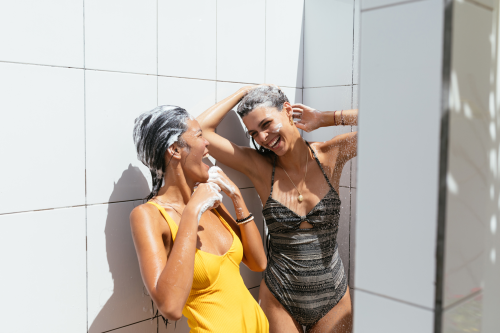
Scarlett Johansson’s Morning Skincare Routine Is All About Simplicity—Here’s How She Starts Her Days Out Right

Tons of Elizabeth Arden Skincare Finds Are on Major Sale at Walmart Right Now—Here’s What a Dermatologist Is Eyeing
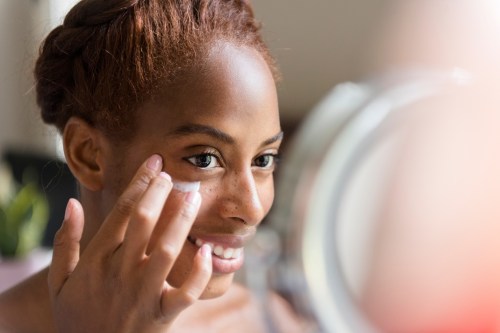
bareMinerals Ageless Phyto-Retinol Neck Cream — $52.00
Given that the skin on the neck is fairly thin, you’ll want to avoid using harsh retinol percentages to avoid irritation (remember: low and slow). Luckily, this neck cream contains a phyto-retinol, a plant-derived retinol sustainably sourced from the Picão Preto plant. What’s cool about phyto-retinol is that it’s as effective as traditional retinol, but doesn’t cause as much redness or irritation. So feel free to slather this onto your neck without fear of wreaking havoc on its delicate skin.
Nécessaire The Neck Serum — $60.00
If you need a serum that will soak in almost as quickly as you’ve applied it, give Nécessaire’s new neck serum a go. This formula contains a 9 percent peptide blend featuring five peptides that work to stimulate collagen production. In addition, this serum also has niacinamide, squalene, and rosewater inside, which all work in synergy to plump and moisturize your skin while protecting it from free radicals. This is the *chef’s kiss* perfect serum if you’re looking for something that feels lightweight during the warmer weather.
Want even more beauty intel from our editors? Follow our Fineprint Instagram account) for must-know tips and tricks.
Sign Up for Our Daily Newsletter
Get all the latest in wellness, trends, food, fitness, beauty, and more delivered right to your inbox.
Got it, you've been added to our email list.

